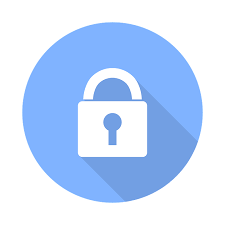Tips for keeping your NHS online patient data safe
Having access to your records online is a great way to get involved in looking after your health. It’s natural to want to know what’s in your records, and to use the information in them to help you get the best care and feel more in control.
Your records contain personal information, so it’s important to keep them safe. You should take the same care with your health and social care records as you do if you use online banking. Here are some top tips for steps you can take to help protect your data.
Do
- Set a secure password. Three random words and a mix of upper and lower case and numbers and symbols can work well.
- Protect the computer or device you use to access your medical records e.g. by using a PIN and installing anti-virus software.
- Change passwords regularly.
- If you think someone has seen your medical records without your permission, change your password immediately and notify your GP surgery.
- Be particularly careful about security if you’re using a shared or public device. Make sure you log out when you’ve finished looking at your records.
- Give someone you trust access to your records if you feel you need help and support. This can be a carer, partner, parent, or other family member. You will need to give them permission to do this and you can change your mind at any time.
Don’t
- Write your password down. You might want to consider using a password vault if you’re worried about remembering it. Alternatively, write down a prompt which will help you remember the password, not the password itself.
- Use a shared device if you are concerned someone else can read the screen.
- Share your records with anyone you do not want to. If you feel pressured to show someone your records, tell your health or social care professional.
The NHS guide 'Keeping your online health and social care safe and secure' provides some excellent guidance and can be printed off as a pdf to hand to learners.

